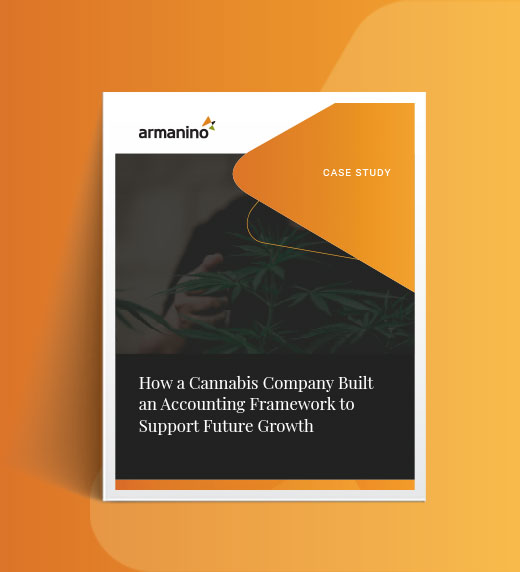
A loss corporation had an ownership change in connection with debt conversions to stock and needed help determining whether it could use its NOLs to offset taxable income in accordance with Section 382.
Our Section 382 experts did an owner-shift analysis to pinpoint the loss corporation’s ownership change(s), analyzed the company’s Section 382 position to see the impact of any NUBIG/NUBIL, and analyzed the debt rules under Section 108 to confirm whether the CODI rules applied.
The 382 study determined that the company could use NOLs to offset all taxable income, reducing the company’s tax liability to $0.
A loss corporation experienced an ownership change caused by the conversion of debt into common stock, giving rise to approximately $40 million in cancellation of debt income (CODI). The company lacked the specialized expertise to correctly apply Section 382 to their reported income. They needed help determining whether they could use their net operating losses (NOLs) to offset their taxable income in accordance with Section 382 regulations.
NOLs are a valuable tax attribute that can be utilized to offset taxable income. However, because of the complexities associated with Section 382, the loss corporation needed additional insight to help them establish the exact timing of the ownership change(s), gain clarity on whether their NOLs could be utilized and correctly report taxable income.
This company presented an additional complication because they had generated taxable income that was due to CODI. CODI gets special treatment under Section 382 and has additional rules and exceptions under Section 108. As such, the debt rules under Section 108 also had to be reviewed to correctly apply CODI to the reported income post-ownership change.
Armanino conducted a Section 382 study that consisted of two separate components: owner-shift analysis and Section 382 limit.
First, was owner-shift analysis. For this, our Section 382 experts scrutinized all movements in the company’s stock to confirm when ownership changes occurred.
Separately, our experts needed to analyze the company’s Section 382 position, determine the impact of any net-unrealized, built-in gains (NUBIGs) or net-unrealized, built-in losses (NUBILs) and confirm whether they truly had CODI. Additionally, they had to determine whether the CODI would be characterized as recognized built-in gains (RBIG) pursuant to the Section 338 approach under Notice 2003-65 and determine how taxable income is allocated between pre- and post-ownership change.
For CODI, our experts also had to identify whether the company was insolvent (i.e., had liabilities exceeding the total fair market value of its assets) under Section 108. As such, they analyzed the company’s Section 382 position as well as the debt rules under Section 108.
Armanino’s Section 382 analysis resulted in a massive reduction in taxable income for the loss corporation. Based on our Section 382 and Section 108 analyses, we determined that the post-ownership change taxable income could be offset in total with NOLs. The company was ultimately able to offset taxable income of $64 million — reducing their tax liability to $0.


